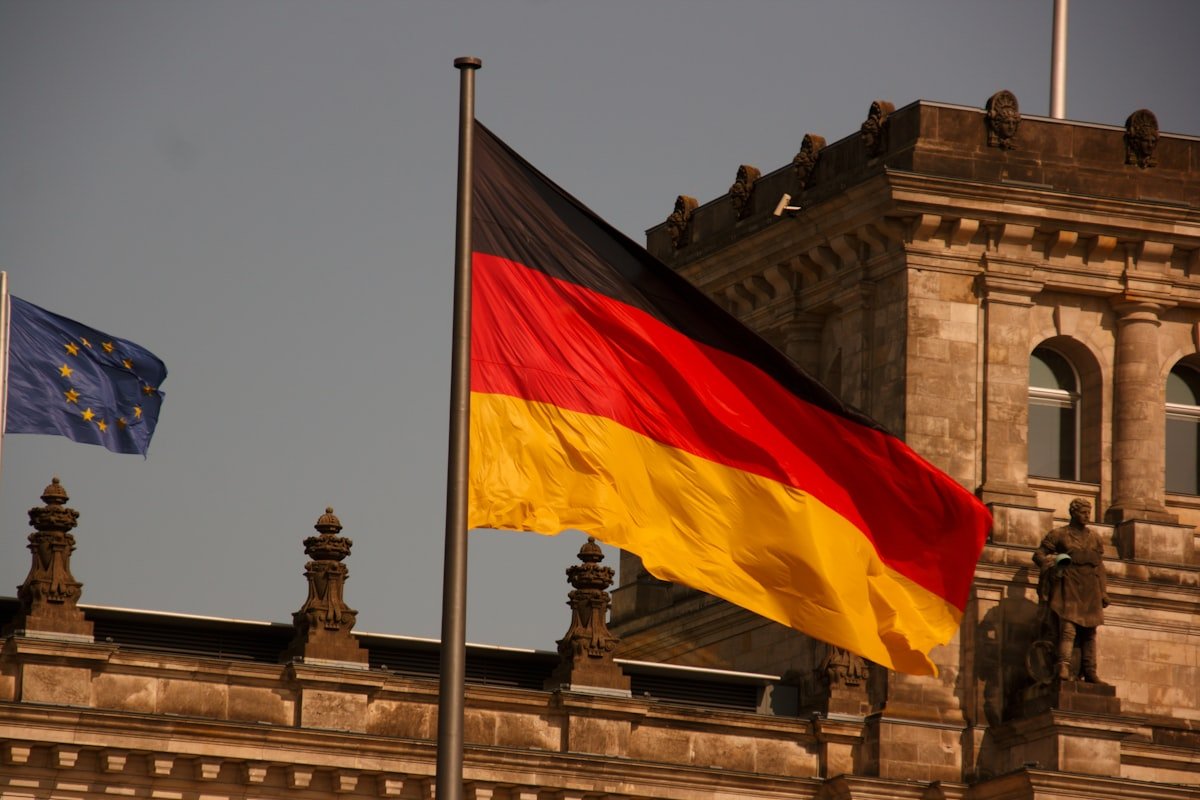German Minister Warns of China’s Increasingly Aggressive Stance in 2025
In a recent statement that has drawn global attention, a senior German minister accused China of adopting an increasingly aggressive stance in its foreign policy and economic dealings. The remarks highlight growing concerns among Western nations about Beijing’s assertive behavior, particularly in trade, territorial disputes, and geopolitical influence. As tensions rise, the China aggressive stance is becoming a focal point for international diplomacy, with Germany and other European nations reassessing their strategies. This shift underscores the need for a deeper understanding of how China’s policies are evolving and what it means for global stability in 2025.
Germany’s Concerns Over China’s Foreign Policy
The German minister’s comments reflect a broader unease within Europe regarding China’s expanding influence. Over the past decade, Beijing has pursued a more assertive approach, from territorial claims in the South China Sea to its Belt and Road Initiative’s economic leverage. The China aggressive stance has raised alarms in Berlin, where policymakers are increasingly wary of over-reliance on Chinese trade and technology. Germany, as Europe’s largest economy, plays a pivotal role in shaping the EU’s response to these challenges.
One key issue is China’s use of economic coercion, where trade restrictions are imposed on countries that oppose its policies. Australia, Lithuania, and others have faced such measures, prompting Germany to advocate for a more unified European approach. The minister emphasized that while engagement with China remains necessary, Europe must reduce vulnerabilities by diversifying supply chains and strengthening partnerships with like-minded democracies.
China’s Military and Geopolitical Posturing
Beyond economics, China’s military expansion has intensified concerns. The modernization of its armed forces, coupled with frequent drills near Taiwan and disputed territories, signals a more confrontational posture. In 2025, analysts predict that Beijing’s military activities will only escalate, particularly if Taiwan’s status remains unresolved. The German minister warned that such actions risk destabilizing the Indo-Pacific region and could trigger unintended conflicts.
China’s growing naval presence in strategic waterways, including the South China Sea and Indian Ocean, further complicates global security dynamics. Western nations, including Germany, are now investing more in Indo-Pacific security partnerships to counterbalance Beijing’s ambitions. The minister’s remarks suggest that Europe can no longer afford to remain passive in the face of China’s assertiveness.
Economic Dependencies and the Need for Strategic Autonomy
Germany’s economy is deeply intertwined with China’s, particularly in automotive, manufacturing, and green technology sectors. However, recent disruptions—such as supply chain bottlenecks and geopolitical tensions—have exposed the risks of over-dependence. The German minister stressed the importance of achieving greater strategic autonomy by reducing reliance on Chinese imports and boosting domestic innovation.
The EU has already taken steps in this direction, introducing stricter foreign investment screening and anti-coercion measures. In 2025, expect more policies aimed at safeguarding critical industries from external pressures. The minister’s warning serves as a wake-up call for businesses to diversify their supply chains and for governments to reinforce economic resilience.
Global Reactions to China’s Aggressive Posture
The German minister’s statement aligns with similar concerns voiced by the U.S., Japan, and other allies. Washington has long criticized China’s trade practices and military expansion, urging a coordinated response among democratic nations. Japan, meanwhile, has increased defense spending in response to regional threats. Even Southeast Asian nations, traditionally cautious in their approach, are reassessing their ties with Beijing amid rising tensions.
As the China aggressive stance becomes more pronounced, multilateral forums like the G7 and NATO are likely to prioritize discussions on countering Beijing’s influence. The German minister’s remarks could signal a shift toward a more unified Western strategy, balancing competition with selective cooperation where mutual interests align.
The Path Forward for Germany and Europe
Looking ahead to 2025, Germany faces a delicate balancing act. While economic ties with China remain vital, Berlin must navigate the risks posed by Beijing’s assertive policies. The minister’s comments suggest that Germany will push for a more robust EU stance, combining economic resilience with diplomatic firmness. Strengthening partnerships with Indo-Pacific democracies and investing in defense capabilities may also become key priorities.
Ultimately, the global response to China’s actions will shape the geopolitical landscape for years to come. As the German minister’s warning underscores, the world must prepare for a future where Beijing’s ambitions clash with Western interests—and where strategic foresight will be essential in maintaining stability.

The debate over China’s role in global affairs is far from over, but one thing is clear: the China aggressive stance is reshaping international relations. Policymakers, businesses, and citizens alike must stay informed and engaged as these dynamics unfold in 2025 and beyond.




 Arctic Express Route: China’s Fast 18-Day Europe Shipping
Arctic Express Route: China’s Fast 18-Day Europe Shipping